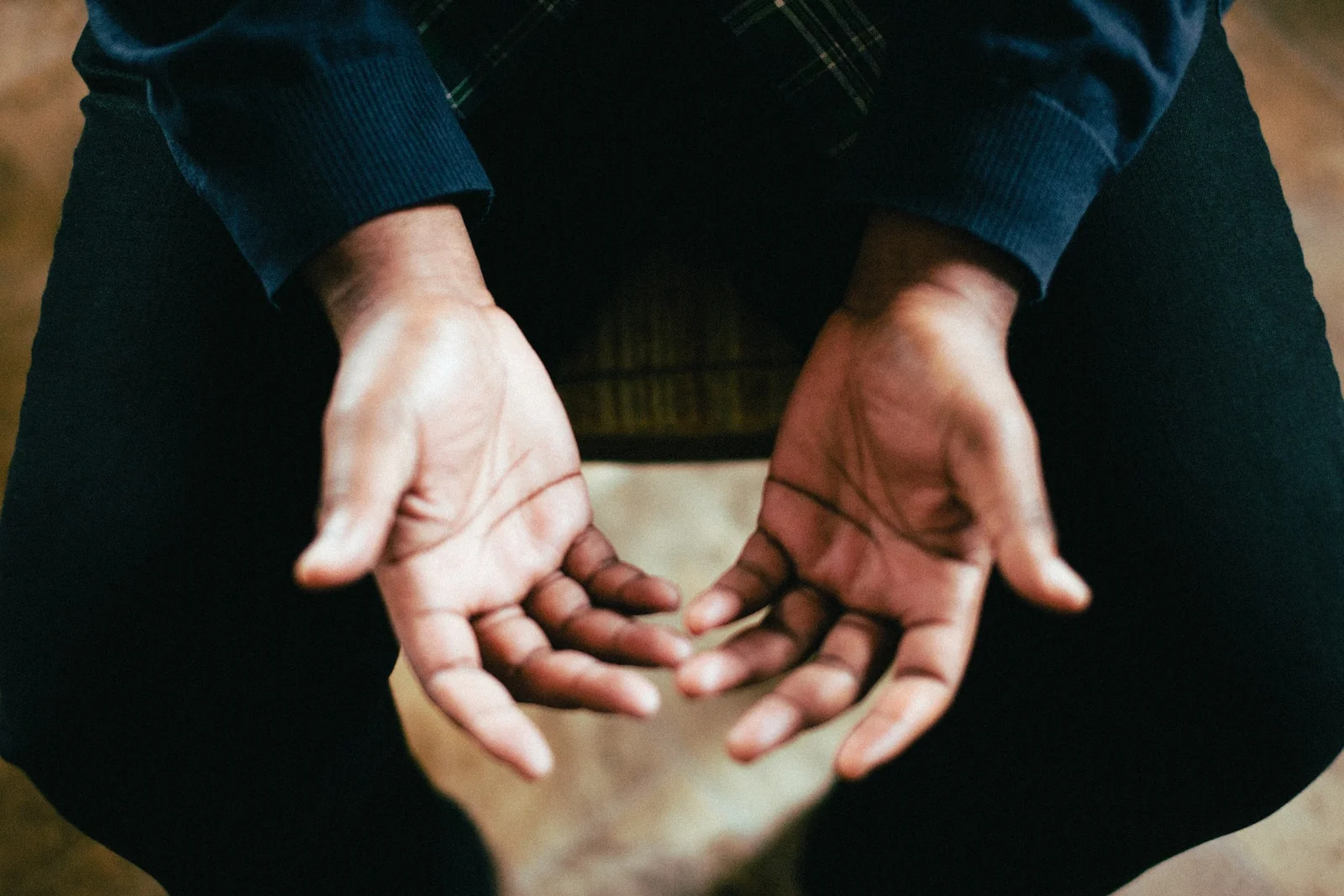If you have been following the news, you would know that the situation in Manipur has become very tense this past week. There has been rising animosity between the Meiteis (people of the plains, among whom Christians have traditionally been a minority) and the Kukis (people of the hills, who have traditionally been mostly Christians), which has had at its heart the question of the inclusion (or not) of the Meiteis in the list of Scheduled Tribes, which would then make them eligible for reservations and government schemes. Things have boiled over, with protests turning violent, property being vandalised, church buildings being burnt, several lives being lost, and an atmosphere of fear in many places. How should we as Christians respond to the situation?
Many of us who have friends from Manipur would understand that the situation there is a complex one, and not something which can be fixed in an instant. There are faithful Christians who are Meiteis and there are faithful Christians who are Kukis. And although it may seem that the conflict is religion-based, the reality is that it is political and ethnic-identity based.
There is a sense of prevailing fear among people in the villages and cities in Manipur and a sense of helplessness among those who have friends and family members back in Manipur. We certainly cannot solve things from a distance (and definitely not by writing articles). But what we can do is pray to our sovereign God and plead for peace for Manipur.
As we pray as families, let us pray for Manipur. As churches across India prepare to meet on Sunday morning (which several of our Brothers and Sisters will sadly not be able to do), let us pray for Manipur. If you are reading this and are a pastor, I would like to encourage you to pray for Manipur in your church service tomorrow. If you have friends who know the situation better, they may help you to understand the ground realities. But however much (or little) you know, here are some ways we can be praying.
1. Pray for peace to prevail.
There has been a lot of violence (from both sides) which has caused loss of property and life. We can pray that God would bring peace between the different ethnic communities and that those in power would intervene wisely.
2. Pray for people affected by the conflict.
Several families are grieving because they have lost loved ones. Several families have been displaced because their houses have been destroyed. And several families are living in fear for their lives. In such times we can pray for God’s comfort and peace, and also for churches and the government to provide aid to those who are suffering.
3. Pray for Christians to stand firm.
The attacks against churches have understandably caused Christians to become fearful. And it has been especially challenging for Meitei Christians, who face opposition from Kukis and also from non-Christian Meiteis. In such times, we can pray that Christians would not compromise, but instead would “[stand] firm in one spirit, with one mind striving side by side for the faith of the gospel, and not [be] frightened in anything by [their] opponents” (Philippians 1:27-29)
4. Pray for Christians to be peacemakers.
In the sermon on the Mount, our Lord declared, “Blessed are the peacemakers, for they shall be called sons of God” (Matthew 5:9). While this is certainly primarily about helping people to be reconciled with God, it is also true that we as Christians, who follow in the footsteps of the Prince of Peace, are called to be agents of peace wherever God has placed us. Although the situation is very emotionally-charged, may God raise Christians (on both sides) who would bring glory to the gospel of God’s grace by being agents of peace.
As you think of the situation, I am sure you can think of other things to pray for. I encourage you to pray, and may God get the glory as he answers the prayers of his children in his wisdom.





